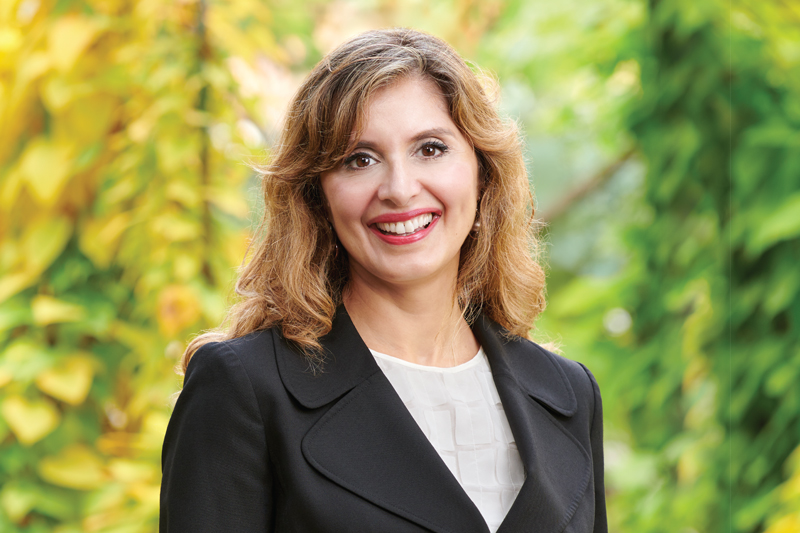How a group-based approach is helping Be Your Best Self participants reach their weight loss goals
In 2017, the Public Health Agency of Canada reported that 64% of Canadian adults over the age of 18 were overweight or obese. That same year, a nationwide poll conducted by Insights West (a Canadian market research company) found that nearly half of Canadians had tried a diet the year prior to lose weight. It seems that every year, new fad diets, appetite suppressing foods, detox teas and the latest ‘miracle weight loss drug’ hit the market, contributing to the multibillion dollar weight loss industry. But as the research shows, Canadians are continuing to pack on the pounds and attempts to lose the weight remain unsuccessful.
The Be Your Best Self (BYBS) program offered at the Robert Schad Naturopathic Clinic (RSNC), is a healthy lifestyle and weight management program. The program was created by Dr. Afsoun Khalili, ND (Class of 2003), and helps participants focus on addressing the underlying issues they have around food and eating while giving them the tools to recognize the behaviours that may be contributing to their weight issues.
Launched in 2005, the BYBS program runs for six weeks and is broken into 1 ½ hour sessions on Mondays that feature presentations covering weight loss, healthy eating, and the conditions and diseases related to unhealthy eating. Some of the topics include: the differences between carbohydrates, protein, and fat; reading labels and ingredients; cooking healthy; the importance of physical activity; cravings; stress management; thyroid issue; diabetes; etc.
“People are not going to lose their weight in six weeks but the idea is that they are provided with the tools to be able to make the changes they need long term and sustain their weight loss,” says Afsoun.
“If you want to lift yourself up, lift up someone else.”
~ Booker T. Washington
While learning the fundamentals of diet and food are essential, it is the group support aspect of the program that Afsoun says allows participants to share their stories, support one another, and feel empowered to make long lasting changes as a result. While group support is common among other popular weight loss programs, she explains what makes the BYBS program unique in its approach.
“Our program is about, ‘What is healthy eating and how to mange emotional eating?’ Part of it is helping the patient figure out what’s healthy for them, and making that connection between food and how they feel,” she says.
“The other part focuses on the emotional side of eating, the emotional connection we all have with food. What we try to do with the BYBS program is help people investigate to see if they have any unhealthy emotional relationships with food. That part is really important from a long-term perspective because I think the reason people relapse and regain their weight is because they don’t really face the emotional relationship with food so when they’re stressed, they go back to their old habits.”
Afsoun recalls a long time patient of hers who decided to try the BYBS program and found success.
“This person had been a patient of mine for eight years at that time, and she was one of the first people who did the BYBS program. She did a modified version of the anti-inflammatory diet and though it took five years, she lost 100 pounds as a result and maintained the weight loss. She ended up doing the BYBS program three years in a row because she felt it kept her accountable and because we always had different people presenting – she felt like there was always something new in it for her.”
Afsoun has witnessed many moments in the BYBS program where participants are able to connect, not only through celebrating their successes but when they hit those bumps along the way. During a session when the group was speaking about the challenges they had faced, Afsoun remembers one participant who shared that because of a difficult week at work, they had eaten an entire tub of ice cream.
“It was really incredible to see how encouraging everyone in the group was. They offered words of support and shared all the different ways they deal with stress: going to the gym, going for a walk, putting music on and dancing, etc. They all had some really great suggestions and I could see how much better she felt after she got the support.”
This article was originally published in issue #26, Mind|Body|Spirit, Winter 2020, page 20
